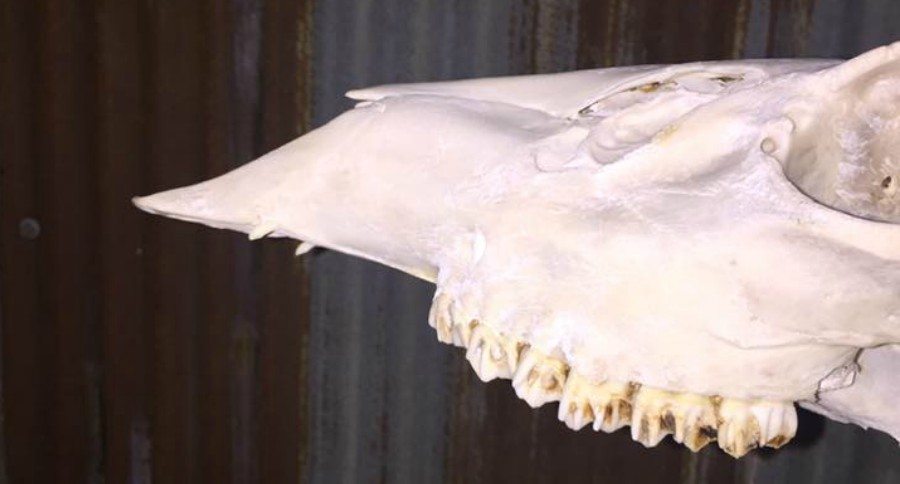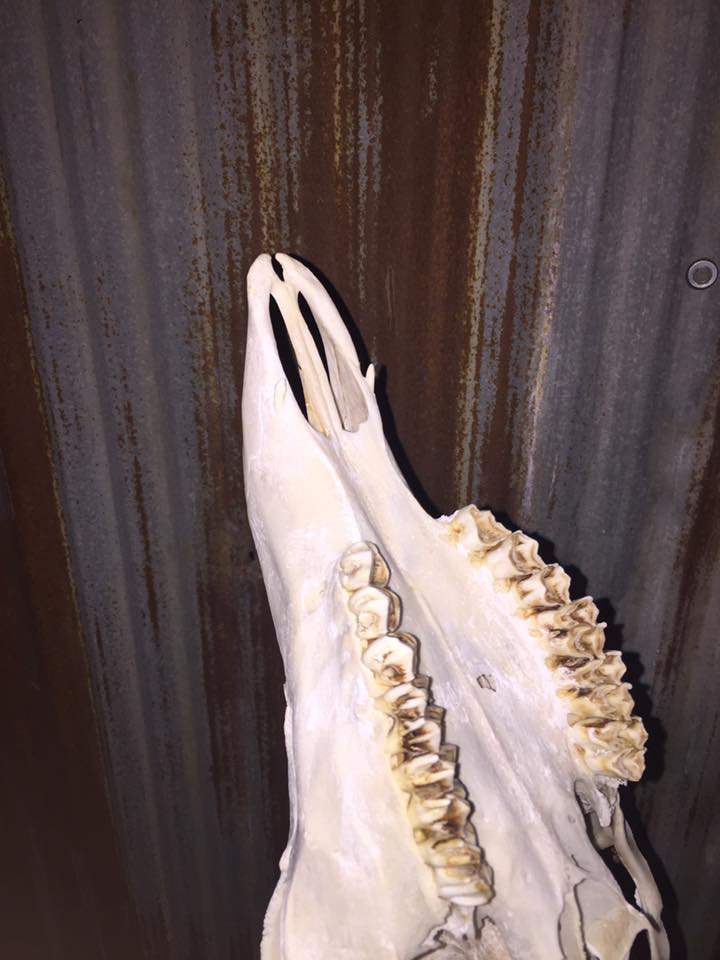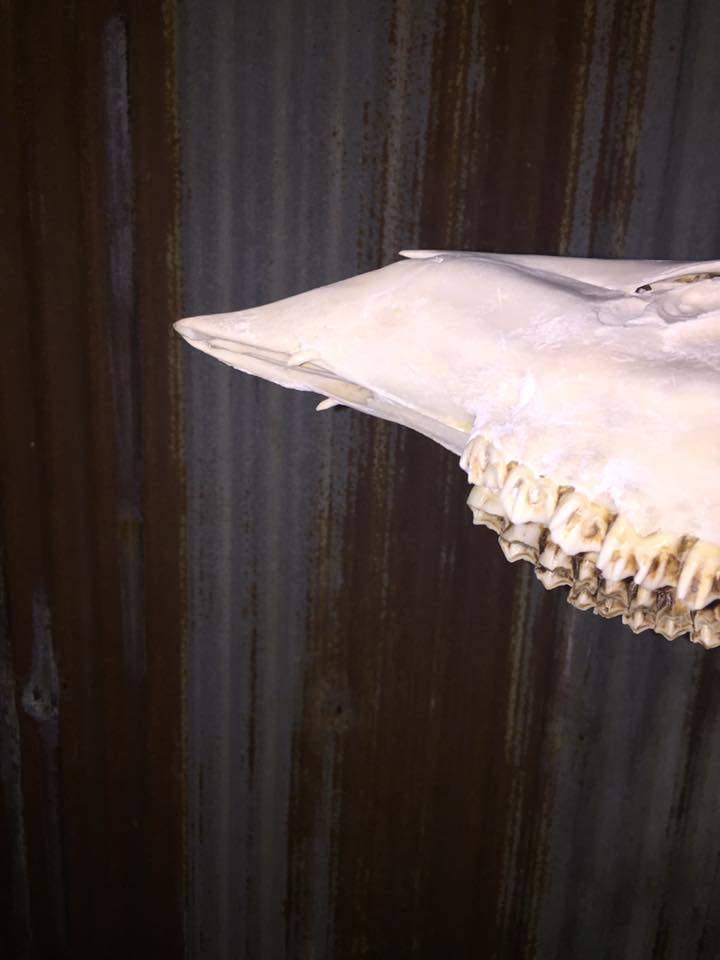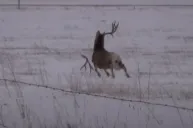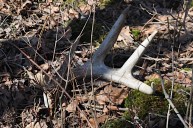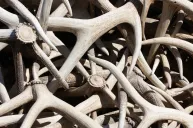The coolest mount on my wall may not have the largest antlers.
There's just something about a big-racked buck hanging on a hunter's wall. Each on has a unique story, and they help us relive those feelings of past hunts. There may be a dozen mounts on my wall, but my latest European mount may be a trophy unlike any other because of its upper canine teeth.
Canine teeth are not uncommon on a whitetail deer. In fact, all of them have canines on their lower jaw. What is rare, however, when you see canines on the top jaw.
Studies have shown less than 1 percent of whitetail deer possess this rare phenomena. Though other species, like elk, commonly have upper canine teeth, they are an incredibly rare find on a North American whitetail deer.
So why do some deer possess these fang-like teeth? Simply put, the answer is genetics. Biologists suggest the feature can be traced back to a time when deer were more carnivorous in nature. While also rare, there is evidence of modern deer eating small birds and browsing gut piles of other dead animals. It's believed that this carnivorous behavior was once much more common.
A common method for aging deer is to check the lower jaw of a deer, but maybe it's worth taking take a peek at that top jaw, too.
Like what you see here? If so, click here to read more great hunting, outdoor, and shooting articles by Reid Vander Veen. Also, check out his writer page, Tree Stand Diaries, on Twitter, Facebook and Instagram.
NEXT: I TRIED HANGING A DEER HEAD IN MY OFFICE AT WORK. HERE'S WHAT I LEARNED
https://rumble.com/embed/u7gve.v3tohd/
